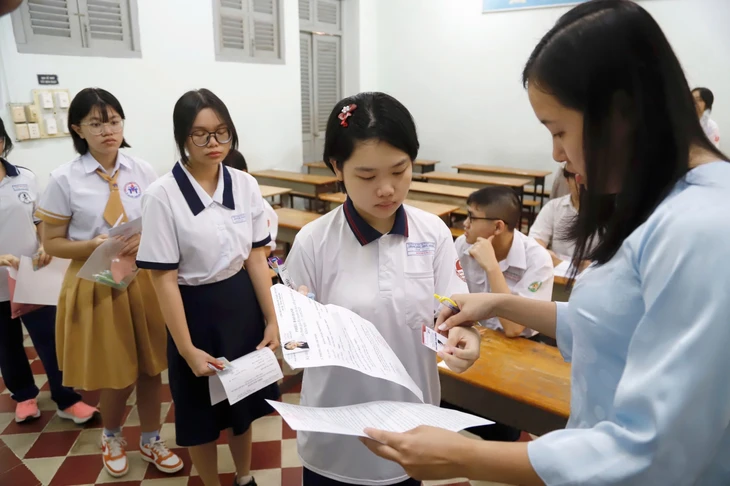
High school students in Ho Chi Minh City participate in the national excellent student competition in 2025 - Photo: NHU HUNG
As global education shifts more towards developing competencies, creative thinking and collaborative spirit, gifted student exams should have a new approach.
From "studying for exams" to "studying to develop capacity"
For decades, the gifted student exam has been considered an "intellectual playground", a place to discover and nurture excellent students for specialized schools and national teams.
However, with the 2018 General Education Program, the educational philosophy has shifted from "learning to take exams" to "learning to develop capacity and qualities". Along with that, Circular 22/2021/TT-BGDDT adjusts the assessment mechanism towards encouraging personal progress instead of just honoring results.
Resolution 71/NQ-CP also emphasizes the need for fair, creative and comprehensive development for learners. In this context, the gifted student exam, which is heavily based on memorization and test-taking tips, reveals many limitations as it is no longer consistent with the goal of developing capacity that the current education system is pursuing.
In developed countries, no place relies on a single exam to identify talented students. In the US, competitions such as MathCounts or Science Olympiad are organized at many levels, combining individual and group competitions and research projects to help students demonstrate creative thinking and collaboration.
Singapore was once famous for its rigorous Talented Education Program, but has recently adjusted it to reduce pressure and expand opportunities for students with different talents. China and South Korea still maintain excellent student exams, but the trend has gradually shifted to assessing research capacity, artistic creativity and practical application of science .
Nurturing talent
In Vietnam, the excellent student exam used to play a positive role in creating resources for specialized schools, arousing the spirit of learning and the will to excel. However, in the context of educational reform, this exam needs to be seriously reconsidered.
Many schools start training teams from the sixth grade, concentrating resources on a small group of students. The achievements of excellent students become a "measure of the school's reputation", causing the goal of comprehensive development of students to be deviated.
In terms of management, this is also a question of costs and benefits. Localities have to mobilize a significant budget and human resources for an exam that only a small proportion of students benefit from. These resources can be completely reallocated to improve the quality of mass teaching, especially in difficult areas.
However, if the exam is completely eliminated without a replacement mechanism, Vietnamese education may lose a channel to discover and nurture early talent, which is an important factor in the strategy of developing high-quality human resources.
One of the biggest problems with the gifted student exam is fairness. Urban students have the opportunity to take extra classes, receive guidance from good teachers and access rich materials, while students in rural and mountainous areas have fewer opportunities. The exam therefore easily becomes a "biased playground", reproducing inequality in learning opportunities.
This goes against the spirit of the Education Development Strategy 2021-2030, which promotes fairness and learning opportunities for all.
From the teacher's perspective, the excellent student exam is both an opportunity to demonstrate expertise and a burden of competition. In many places, excellent student achievement is still an important criterion for competition and rewards, causing many teachers to focus on "training chickens" instead of focusing on developing students' general abilities.
Talent discovery ecosystem
The gifted student exam will only be meaningful when it shifts from testing memorization to assessing thinking, creativity and problem-solving ability related to practical situations. The exam structure needs to be designed in an open way, requiring students to apply interdisciplinary knowledge and express personal opinions.
In addition, localities should diversify the ways of discovering gifted students through academic clubs, STEM playgrounds, community projects or creative scholarships, helping students develop their natural abilities more fairly.
Instead of organizing exams at the administrative level, it is possible to build an open academic network or online platform where students are assessed through their portfolios, research projects or actual products.
At the management level, the Ministry of Education and Training plays a role in creating a unified capacity framework and guiding its implementation. Localities can flexibly choose models suitable to regional conditions, ensuring fairness in participation opportunities.
Teachers need to be recognized not only by the number of awards but also by the comprehensive development of students. Then the excellent student exam will become part of the ecosystem of discovering and nurturing talents instead of a race for achievements.
Specialized schools have changed
From October 2025, the specialized high school system will apply a separate program based on the 2018 General Education Program framework, focusing on research capacity, critical thinking and creativity.
Natural sciences will add content on technology and artificial intelligence; literature will enhance social debate and language creativity. When the training philosophy of key education has changed like this, the input selection method also needs to be innovated accordingly.
A gifted student exam that relies on memorization and clear test-taking tips is no longer enough to detect students with critical thinking, problem-solving, and creativity, the core qualities of citizens in the digital age.
Source: https://tuoitre.vn/thay-doi-thi-hoc-sinh-gioi-20251018223529452.htm








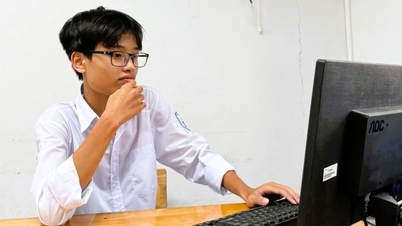

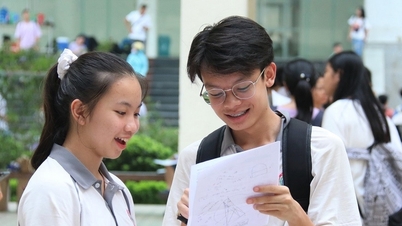
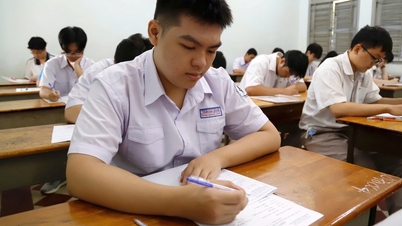

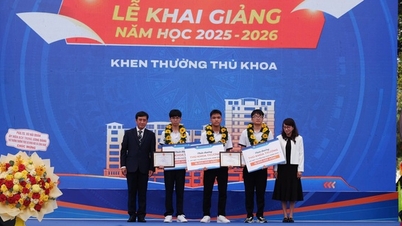



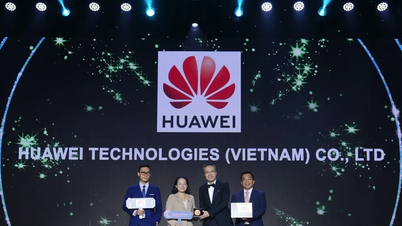

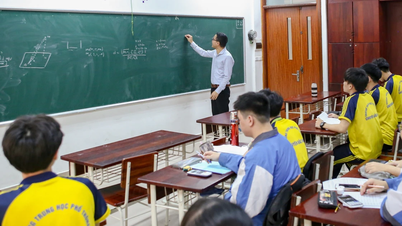

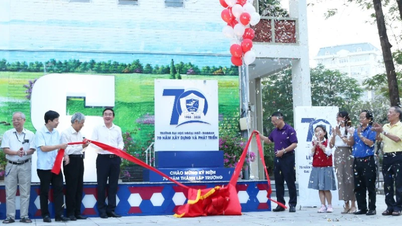

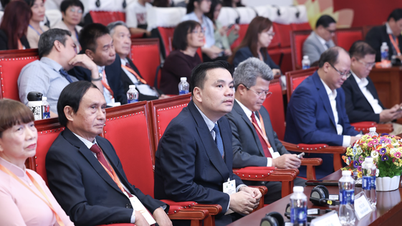
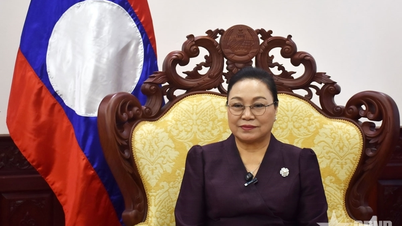


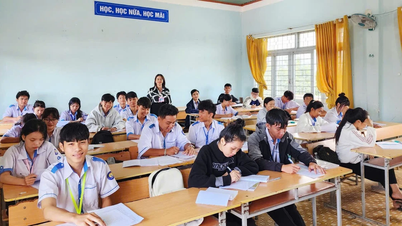




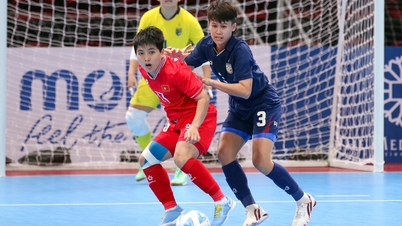
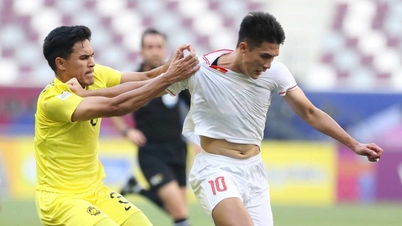

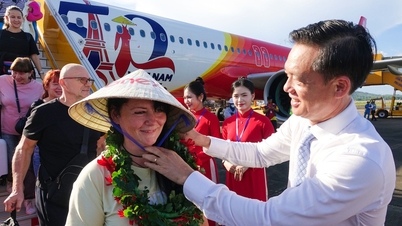
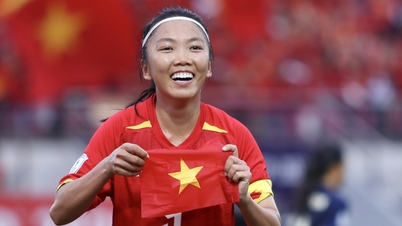
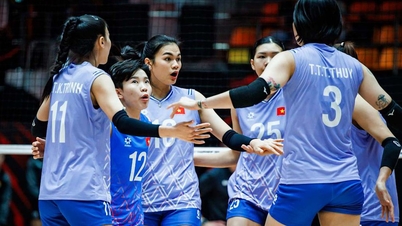

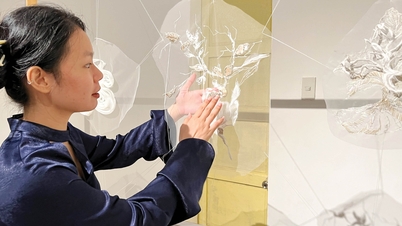

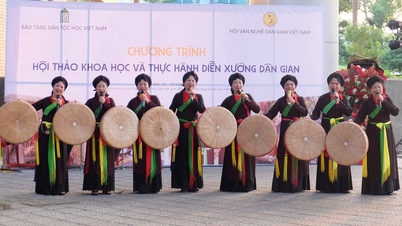



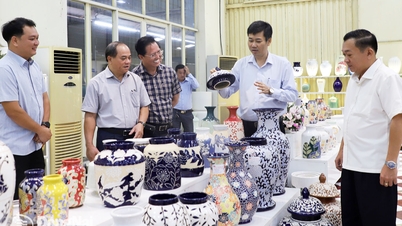






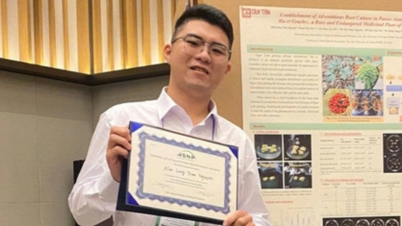


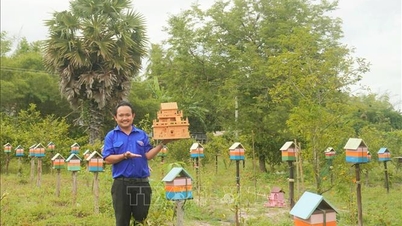



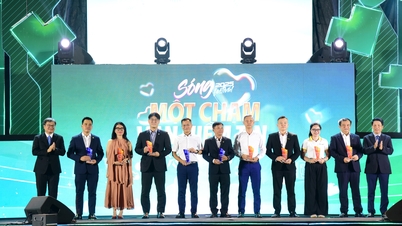













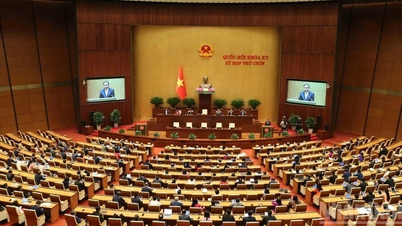
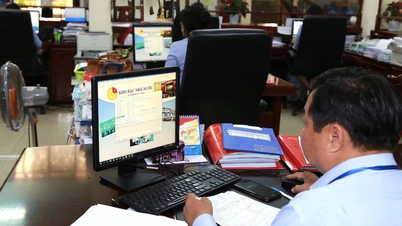
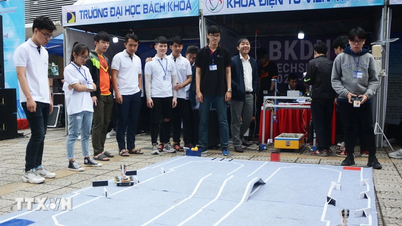

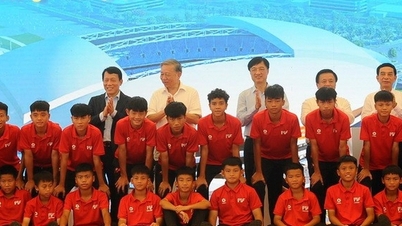


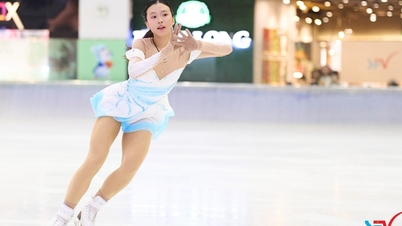

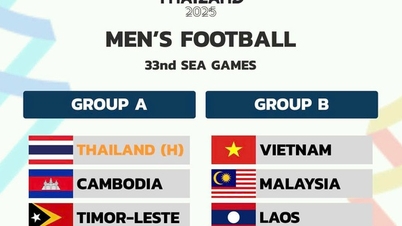

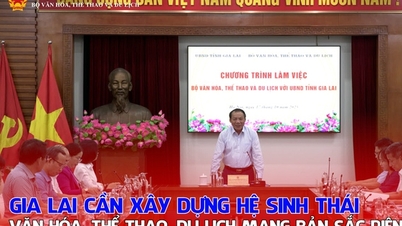
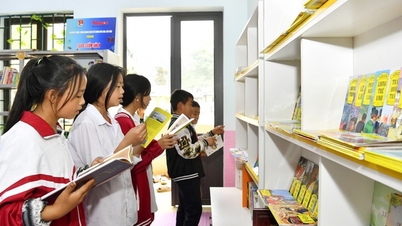

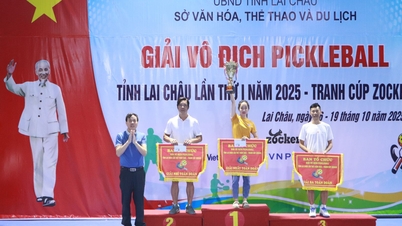
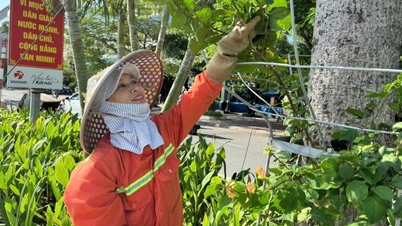



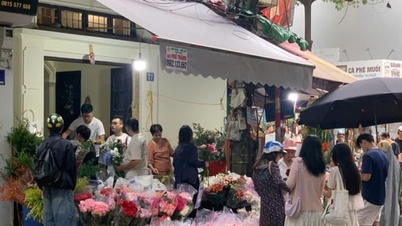

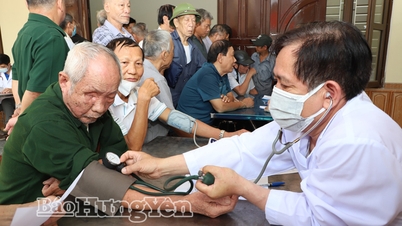














Comment (0)